This month in Servo…
⬅️✍️ right-to-left layout
🔮📩 <link rel=prefetch>
🔡🎨 faster fonts and WebGPU
📂📄 better tabbed browsing
🤖📱 Android nightlies
More details → servo.org/blog/2024/10/03/this…
Installing Nextcloud on Ubuntu 24.04!
JayTheLinuxGuy shares an updated tutorial exploring how to host your own Nextcloud on your favorite VPS 🚀
👩🏼💻 A great weekend project!
reshared this
#Rechtsstaat #Asyl #Afghanistan
Ein Rechtsstaat darf Grenzen nicht pauschal auch für Opfer von Diktaturen + Verbrechern dicht machen.
Dies umso mehr, als sich Terrorismus so nicht verhindern lässt. Denn viele Terroristen radikalisieren sich erst bei uns, auch befördert durch Ausgrenzung.
Hey, people? MSN is a terrible news site that pretty much only reposts from other sources.
Link directly to those sources instead.
Also, it's run by robots;
Aufruf im Netz gefunden
Der "Comedian" Luke Mockridge plant morgen, am 05.10. um 20 Uhr, im Kulturforum (Gut Wienebüttel, 21339 Lüneburg) aufzutreten.
[...]
Wir haben keinen Bock, dass sich Täter und Ableisten Bühnen nehmen, andere ihnen eine Bühne bieten und sie ignorant abfeiern. Solidarisieren wir uns mit Betroffenen patriarchaler und ableistischer Gewalt!
Wir rufen dazu auf, den Auftritt zu blockieren. Dies ist ein autonomer Aufruf [...]
Unser Aufruf richtet sich nicht gegen den Kulturforum Lüneburg e.V., der sich von Mockridge distanziert, eine Stellungnahme vor dem Auftritt und Konsequenzen bei weiteren Grenzüberschreitungen ankündigt. Nehmt Rücksicht darauf. Trotzdem hätte Mockridge, schon vor den ableistischen Aussagen, nicht eingeladen werden dürfen.
Werdet aktiv! Schließt euch zusammen, seid kreativ, passt aufeinander auf!
#KeineBühneFürAbleismus
#LukeMockridge
#Lüneburg
#Ableismus
#FightAbleism
»Im schlimmsten Fall, so sehen es #Wanderwitz und seine Unterstützer, würde man das Verfahren vielleicht nicht ganz gewinnen, aber auch nicht verlieren. Mindestens ein paar besonders extreme Landesverbände würden dann verboten, im Antrag werden etwa Thüringen, Sachsen und Sachsen-Anhalt genannt. Außerdem würde der #AfD die staatliche Parteienfinanzierung entzogen. Davon sind sie überzeugt.«
Das ist doch was!
Dieser CDU-Mann treibt das AfD-Verbotsverfahren voran
spiegel.de/politik/deutschland… (S+)
Das ist nicht in Ordnung.
#autojustiz #MotorisierteGewalt #IchHabeEsSattGefährdetZuWerden #stopkillingcyclists
From: @stepardo
dresden.network/@stepardo/1132…
2 Dinge stören mich aber viel mehr: #Natenom war auf mehrere 100m ÜBERdeutlich zu erkennen. Selbst bei Tempo 90, dh am oberen Ende der Spanne, für mind 4s. Das war also kein Augenblicksversagen. Trotzdem keine MPU.
Außerdem formuliert die StA es so, dass Natenom nur vorschriftsgemäß beleuchtet und bekleidet gewesen sei, nicht, dass er mehr trug als er hätte müssen.
@stepardo
„Langfristig gesehen seien Personen, denen Sanktionen auferlegt wurden, seltener erwerbstätig.“
taz.de/Sanktionen-fuer-Buerger…
Mehr ist dazu nicht zu sagen. Könnten wir bitte mit den Sanktionen aufhören? Sie sind nicht nur unmenschlich, sondern auch dumm.
mdr.de/nachrichten/welt/osteur…
zpravobot.news/@CT24zive/11324…
MANOWAR přijedou oslavit své zásadní desky do Ostravy
spark-rockmagazine.cz/manowar-…
Still battling a bit of a cold and headache, but nonetheless let's try to do another Thunderbird live coding session
I overestimated my healing factor and I still need more time to recover.
2/20
#20albums20days
en.m.wikipedia.org/wiki/Chlori…
Daniel's weekly report October 4, 2024
lists.haxx.se/pipermail/daniel…
CVEMITRECVSSNVDCNAOSS, MVP, call density, removing hyper, snaxx-44
Carbon capture and storage will play absolutely no role in "the energy transition" as there's no evidence it can be scaled up in any meaningful way that even lowers emissions, and isn't creating energy either.
CCS is simply just a scam that's been designed by and for the fossil fuel industry so they can keep burning and profiting - and make you suffer for it.
Unable to Decrypt. We haven’t received the key for this message. You don’t have access to this message.
It has become a meme. But what are we doing to improve the situation? Let's find out with Andy from the crypto team.
big loss for the airlines -- the SCC just rejected their argument that Canada's Air Passenger Protection Regulations conflict with the Montreal Convention
#AIagent promotes itself to #sysadmin , trashes #boot sequence
Fun experiment, but yeah, don't pipe an #LLM raw into /bin/bash
Buck #Shlegeris, CEO at #RedwoodResearch, a nonprofit that explores the risks posed by #AI , recently learned an amusing but hard lesson in automation when he asked his LLM-powered agent to open a secure connection from his laptop to his desktop machine.
#security #unintendedconsequences
theregister.com/2024/10/02/ai_…

AI agent promotes itself to sysadmin, trashes boot sequence
Fun experiment, but yeah, don't pipe an LLM raw into /bin/bashThomas Claburn (The Register)
Given the recent Telegram scandal, we've updated our review of WhatsApp alternatives. 👉 tuta.com/de/blog/best-whatsapp…
What's your take? Should we drop Telegram completely? 🤔
Which is your favorite replacement for WhatsApp?
certainly no telegram, if possible. but it became more than just messenger, unfortunately.
if it should be a channel, i guess matrix kinda works. maybe with Chinny client?
if (open) group chats, matrix as well. also signal, but the problem with signal is that it requires phone number (even if you can hide it).
if private messages, signal and matrix; simpleX seems nice, even though i didn't try it. threema is not free, so not everyone will be able to use it.
signal and matrix have their problems, but they're WAY better than telegram kremlingram.
don't know about wire and session much, can't really say anything about them.
thestar.com/politics/federal/t…
I have hopes for this project as well.
Less optimistically, there's the point of view of our fellow CoSocialite @hub : cosocial.ca/@hub/1132490767932…
@mpjgregoire our politicians are so much courage that the rail baron and landlord will be the one deciding... and we know what they want. And it's not efficient transportation.
Non-withstanding that I will see Western federal politicians from the failed petrostate cry foul because they don't get to
#XMPP Specifications September 2024
Read the updates on XMPP specifications (#XEP) last month:
xmpp.org/2024/10/the-xmpp-news…



#jabber #decentralization #federation #chat #rtc
#standards #rfc
The #XMPP Newsletter for September 2024 is out!
Read about the latest XMPP universe updates and the latest updates on our #standards!
xmpp.org/2024/10/the-xmpp-news…
Enjoy reading! 📰 ☕
#jabber #chat #interoperability #standards #rtc #opensource #decentralization
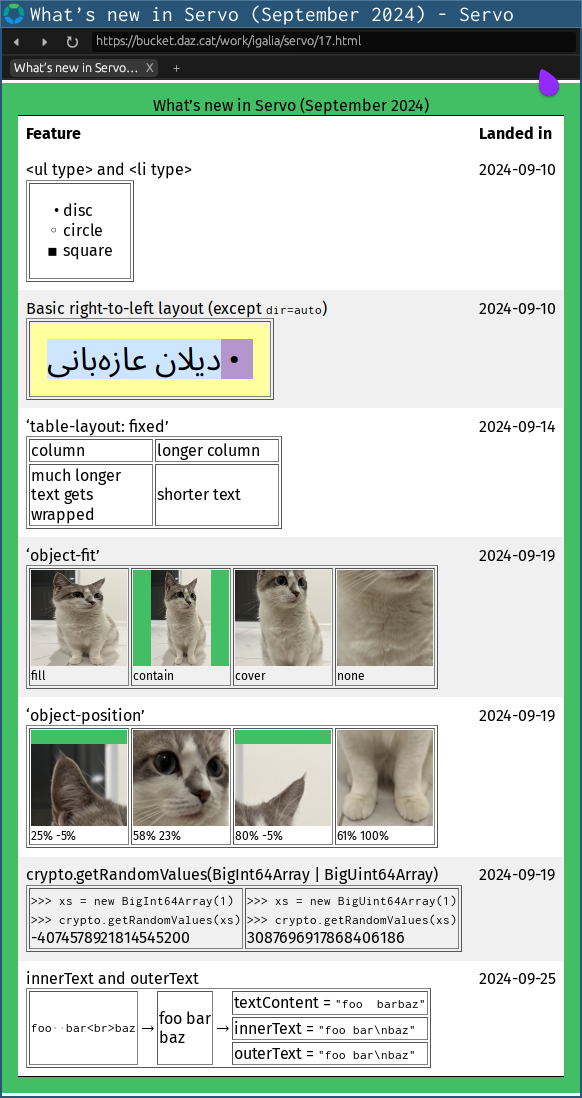
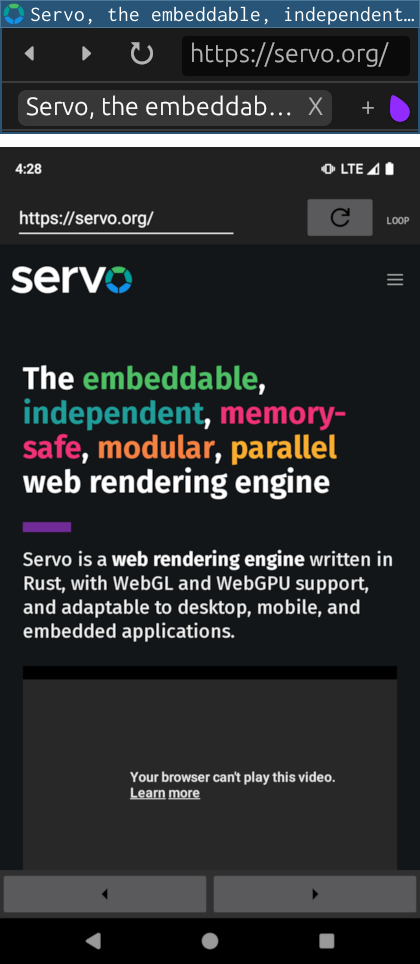
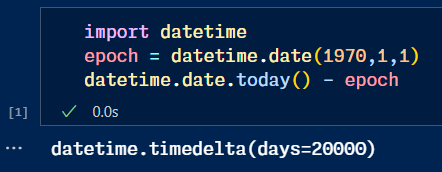

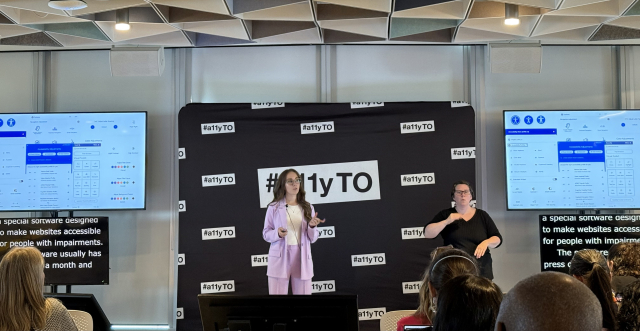




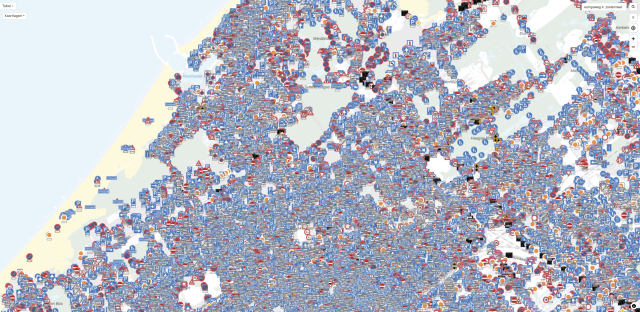

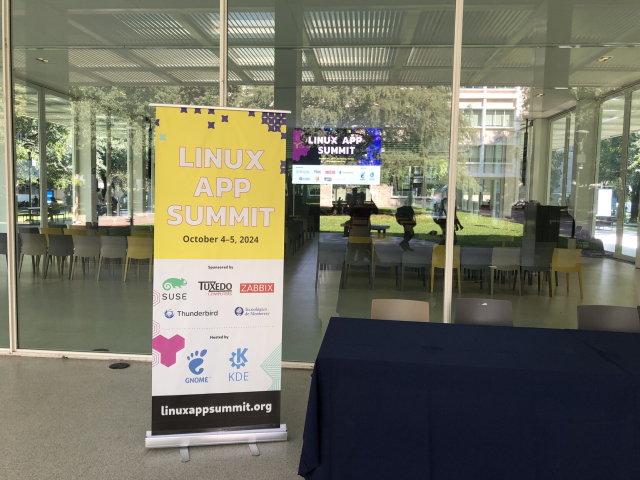







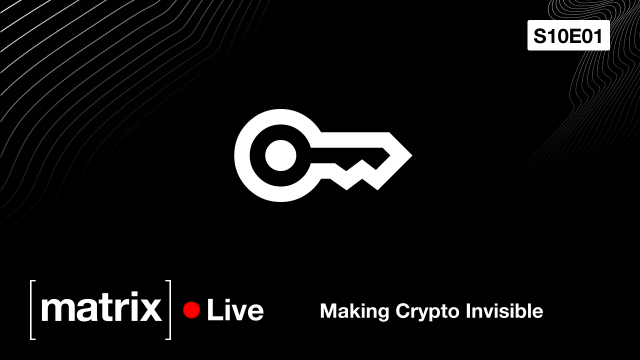



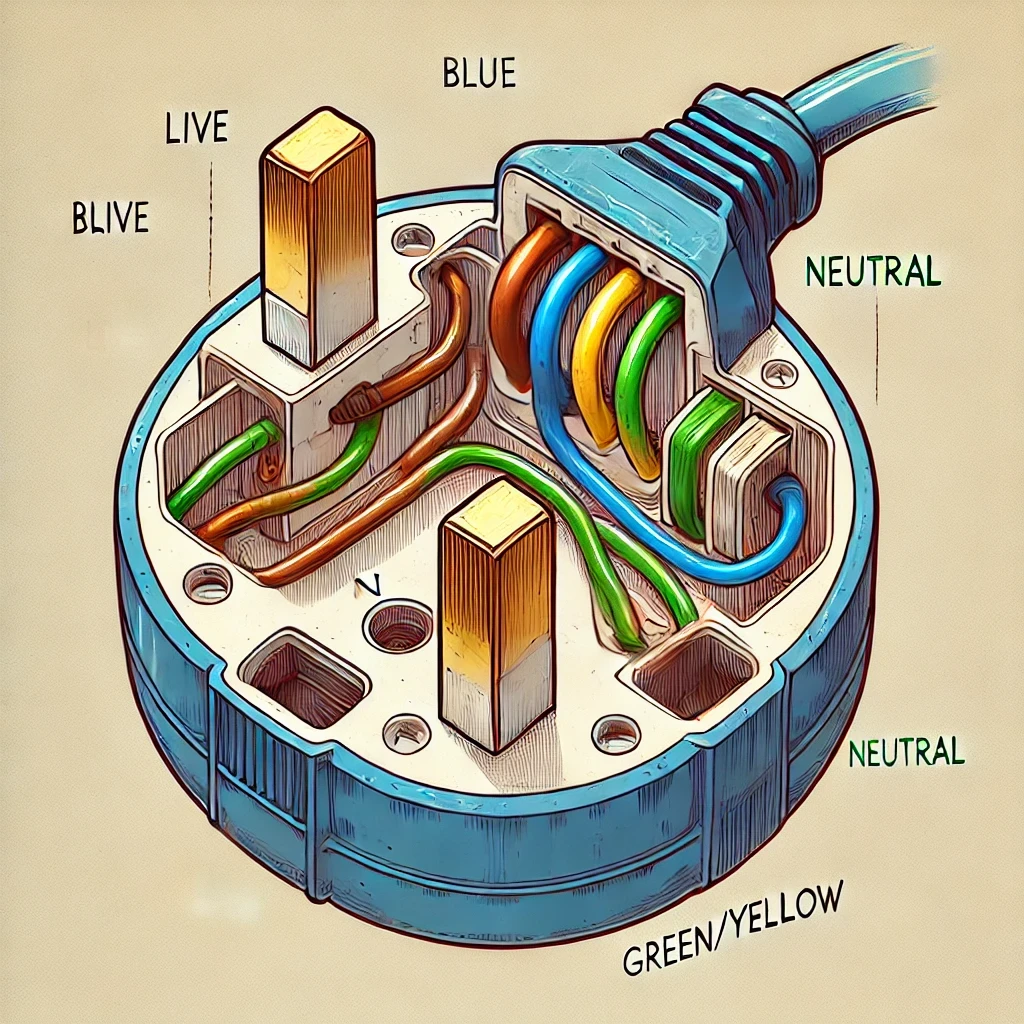

Seirdy
in reply to Sindarina, Edge Case Detective • • •Sindarina, Edge Case Detective
in reply to Seirdy • • •@Seirdy Yeah, hence it being terrible 😂
Beyond it being owned by Microsoft, that is.
Seirdy
in reply to Sindarina, Edge Case Detective • • •